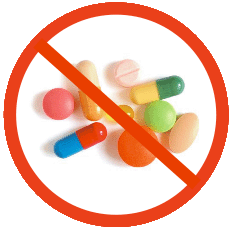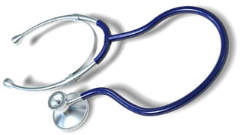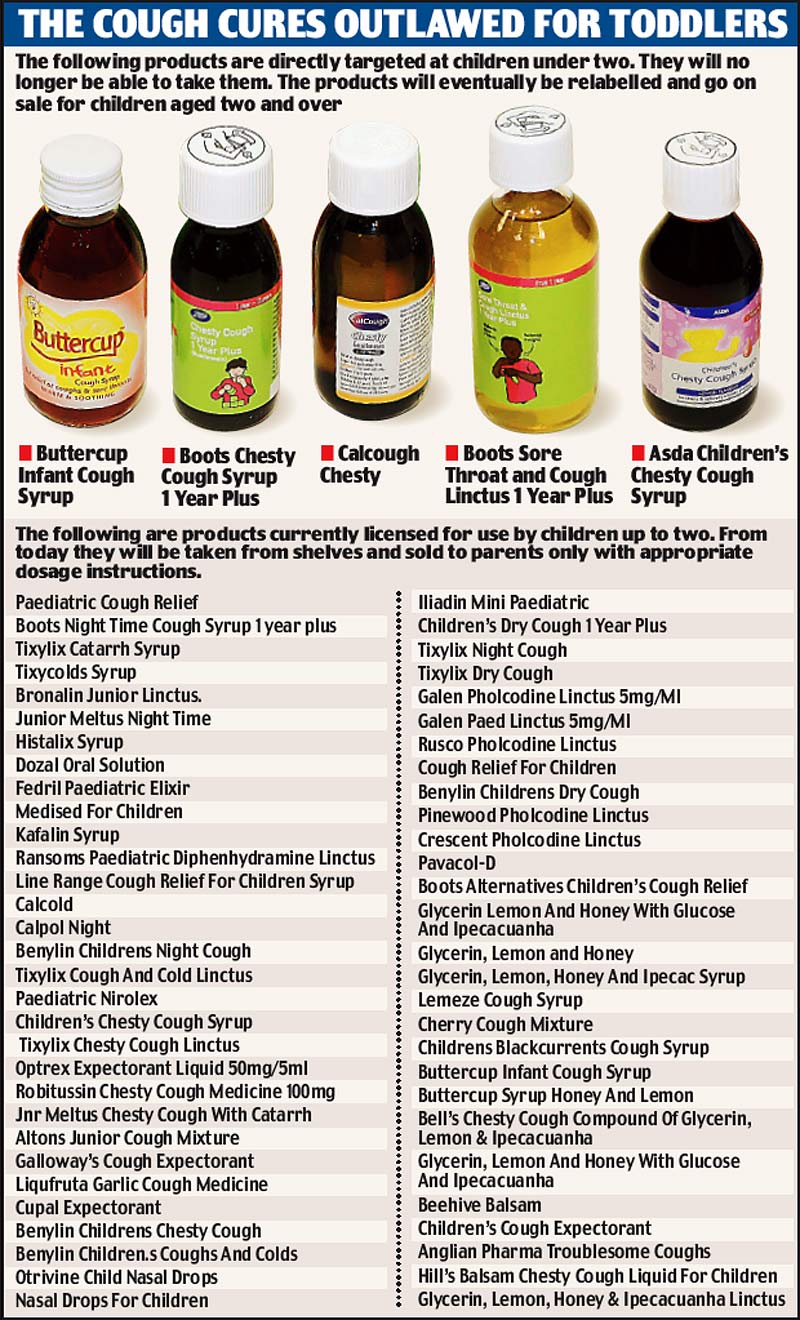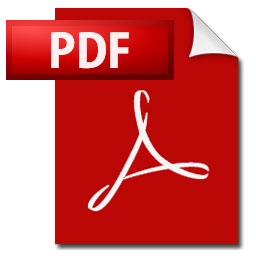Over 7000 Dangerous
Products Have Been
Banned on Our Recommendations Worldwide
Around 3445 Hazardous Produts are in Process of Getting Banned in 37 Countries
Our Resolve is to Make Our World a Healthy Place and Save our Generations From Health Complications
We Are a Strong Force With Aim to Protect and Promote
Your Health
Associantion
Doctors
World
Cough and cold remedies for children under two are to be pulled from the shelves immediately amid safety fears.
At least 100 products will be put under the counter as parents are warned about the danger of giving toddlers potentially fatal overdoses.
The dramatic move means popular medicines will effectively be banned for any youngster under the age of two and parents of all children up to six will have to ask for them.
It could signal a return to old-fashioned remedies such as honey and lemon drinks.
Best-selling brands affected include Tixylix, Robitussin, Benylin and Calpol.
The alert centres on 12 ingredients in the medicines, many of which have been used by drug firms for years.
At least five deaths of British children under two have been linked to cough and cold remedies and more than 100 serious cases of suspected adverse reactions have been reported.
Today, six products directly targeted at children under two will be removed from open sale, although they may still be supplied by a pharmacist for use with older children.
They include Boots Chesty Cough Syrup 1 Year Plus and Asda Children's Chesty Cough Syrup.
Another 59 products - authorised for use in children under two but not marketed at them - will also be taken off the shelf and sold only to parents whose children are older.
A further 58 products aimed only at children aged two to six will also be taken down.
Anyone buying any of the 117 products will be instructed on the exact dose they should give.
In the long term, manufacturers will re-label and re-package them so they can go back on normal sale.
In a simultaneous move, parents will be told to use temperature-lowering drugs such as paracetamol or ibuprofen to treat babies and toddlers suffering cold symptoms.
They will also be advised to use a simple cough syrup such as glycerol, honey or lemon, with vapour rubs for a stuffy nose.
Parents of children under two who have any of the affected products at home will be advised to take them to a pharmacist or back to where they bought them.
Those with children between two and six are being urged to seek advice before using the products.
The updated advice comes from the drug safety watchdog, the Commission on Human Medicines.
None of the remedies has been shown to be dangerous when used correctly.
But there has been growing concern that parents may unwittingly give children too much, because they either miscalculate the dose or use additional doses to ensure the medicine works.
Mixing different products can also lead to an overdose if they contain the same ingredient.
Children under two are at greatest risk simply because they are smaller.
Last year the American College of Chest Physicians said cough mixtures were of little use to adults and could harm children.
Research by U.S. doctors showed that plain honey was better than many expensive medicines.
Professor Rosalind Smyth, chairman of the CHM paediatric medicines expert advisory group, said last night: "Coughs and colds are generally self-limiting conditions which will get better themselves, usually within a few days.
"The management of symptoms in the under-twos is best achieved with treatment to control fever - ibuprofen or paracetamol - together with simple cough mixtures."
Cambridgeshire GP Dr David Haslam said parents should not panic.
He said: "This is about removing potential risk.
"The problem with combination products is that children get a potentially toxic cocktail of ingredients.
"It's safer to use the tried and tested remedies of paracetamol and ibuprofen.
"We know how they work and what the side effects are."
The ingredients that will no longer be licensed for children under two are the antihistamines brompheniramine, chlorphenamine and diphenhydramine; cough suppressants dextrometorphan and pholcodine; expectorants guaifenesin and ipecacuanha and decongestants phenylephrine, pseudoephedrine, ephedrine, oxymetazoline and xylometazoline.


Popular Links
World Doctors
Association
Cough Remedies for Children are Banned!
© World Doctors Association 2021












